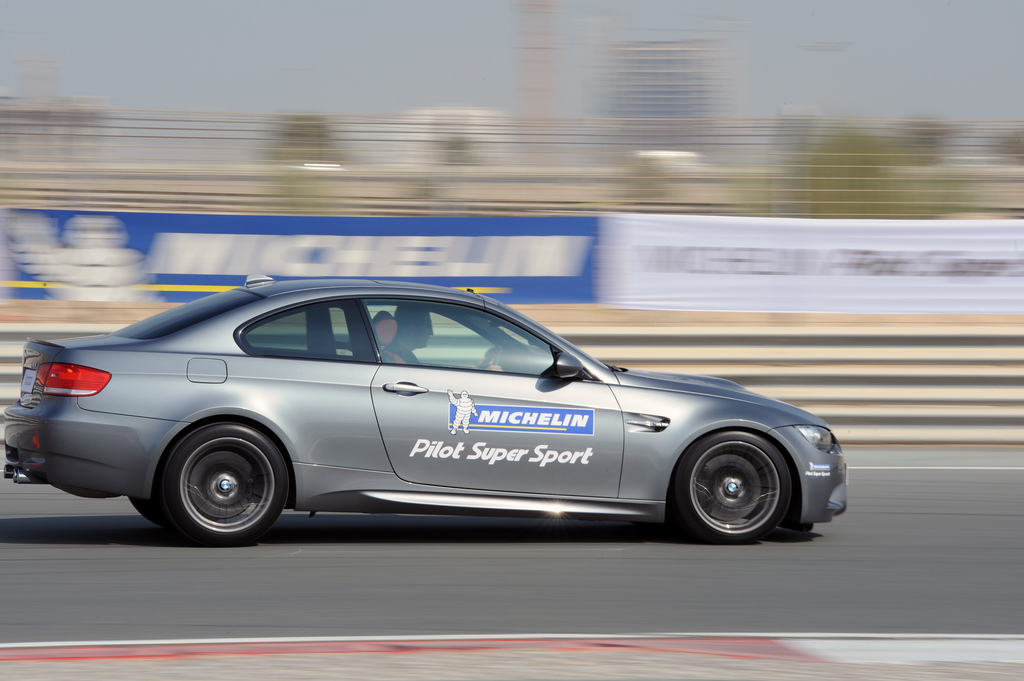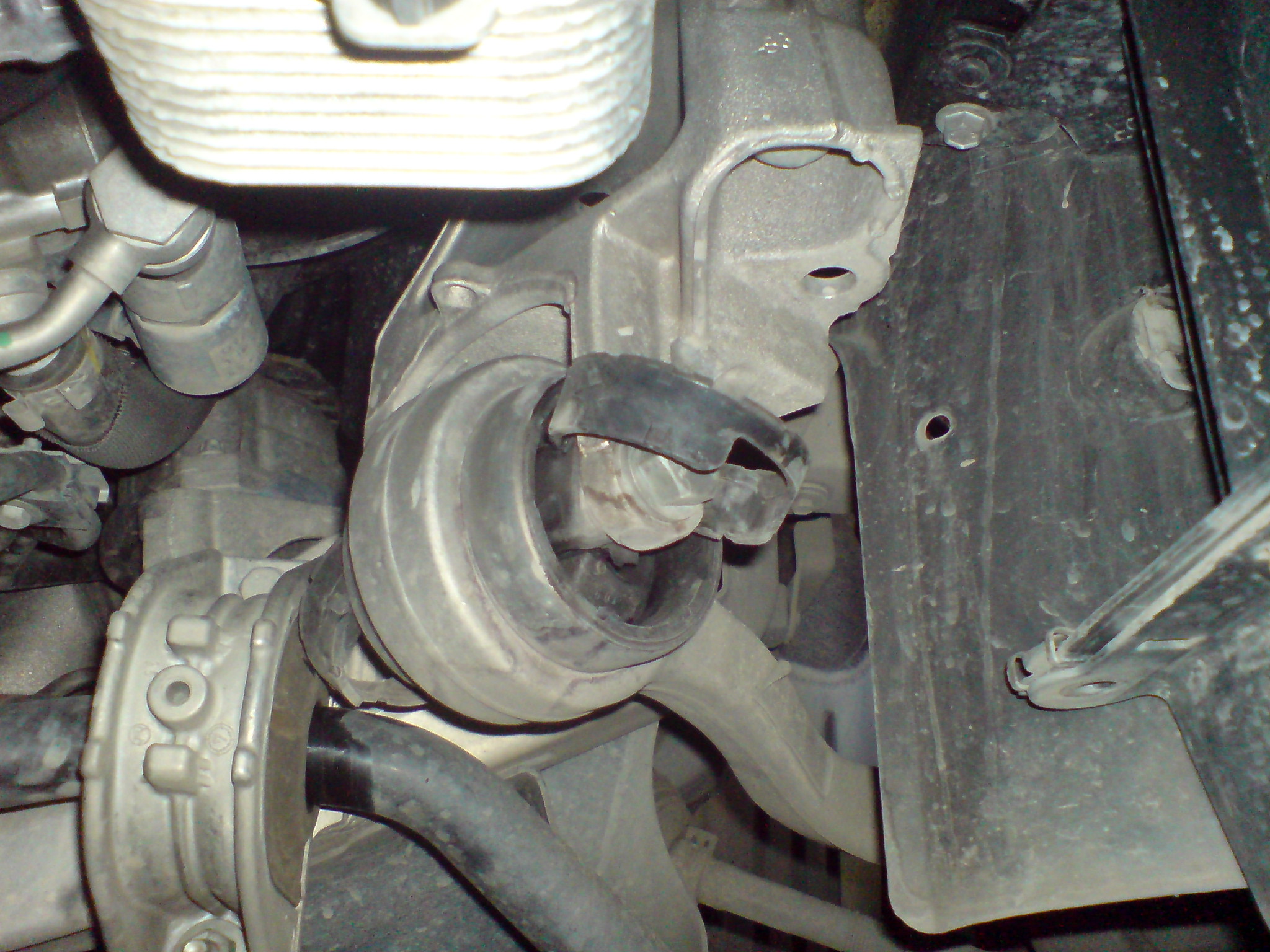Learn why your car shakes or vibrates when you press the brakes. Did you know this?IMPORTANT. One of the most annoying things that can happen to a vehicle is when it jerks shifting gears. There are a few things that can cause the problem. They aren't necessarily related to the transmission itself. One of the side effects of a car jerking is motor mount or crossmember damage. You'll want to fix it sooner rather than later. Polluted Air Filter. What does it mean when your car jerks? Air filters keep the car away from the. Mar 19, 2013.
- Car Jerks When Engine Braking Works
- Car Jerks When Engine Braking Bad
- Car Jerks When Engine Braking Problems
The modern engine is an incredible thing. Compared to its origins it is the evolutionary equivalent of man compared to the primordial soup. Yes the basic building blocks are the same, but it has become so much more.
Dozens of parts from pistons to CPUs all work constantly to deliver power to the wheels, assist your steering, manage suspension, monitor tyre pressure, and tell the brakes you've pushed the pedal. The list is long and quite amazing.
Because of this incredible sophistication, engines are designed to work under some pretty extreme tolerances which includes the brakes.
Of all the components in your car the brake assembly is the one thing that gets put under the most stress, most of the time but can't ever fail. Of course brakes and rotors can fade over time and the more they're used the quicker they fade.
However, changing the way you drive can not only extend the life of your brakes but make for a better driving experience too. https://herebfiles746.weebly.com/nepali-typeshala-for-windows-7-64-bit.html.
What is Engine Braking?
As you will have gathered, we're fans of the modern combustion engine. Not just for its sophistication but for the unbridled genius of its simplicity.
In standard petrol (gasoline) engines, engine braking works by restricting airflow (by releasing the accelerator) which causes a high manifold vacuum that the cylinders have to work against.
This has the effect of sapping energy from the engine which is what gives that sudden sense of deceleration and drop in power.
While some of the braking force is due to friction in the drive train, the majority is caused by the manifold vacuum created by the lack of air.
Check out the video below which explains engine braking in a petrol engine, followed by Jake Braking in a diesel engine.
Why is it good?
Engine braking, aside from being incredibly clever, has three distinct day to day benefits that could improve your driving experience.
1. It reduces wear on your brakes.
Engine braking slows the car without the need to apply the brakes. Because the car is slowing passively it allows you to maintain control of the vehicle, controlling your deceleration so you only need to apply the brakes at much lower speeds for a much shorter period of time.
This means less wear, less heat and less fade. Watch sharpay%60s fabulous adventure full.

The obvious benefit of this is your brakes will last much longer which increases value.
2. It's safer
Active use of engine braking (changing down in a lower gear) is advantageous when it is necessary to control speed while driving down very steep and long slopes.
More over, by engine braking when you see traffic slowing ahead rather than waiting until the last minute to stop you give yourself and those behind you more time to respond to changing situations.
You can maintain safe intervals simply through easing off the accelerator rather than applying brakes. Don't forget a brake light is a warning to the person behind you causing them to brake and the person behind them and so on.
It's not hard to understand how congestion occurs for no obvious reason.
You also have the advantage of being in a better position to react if something unexpected happens. A lower gear means you can either slow down or speed up in order to avoid an emerging hazard.
A high gear at low speeds saps power and increases the chances of a stall. Plus sudden, sharp braking makes it more likely the car behind to drive in to the back of you.
3. It's better for the engine
First of all, to dispel the myth – engine braking does not harm your engine at all. Engines are designed to run at thousands of revs per minute for hours at a time. Changing down, whilst may be a bit jerky at times, doesn't inflict any damage.
It's also good for the engine because it was designed to be driven that way. Whilst brakes have moved on from drum brakes (which is why engine braking was relied upon a few decades ago), the core of an engine is essentially the same.
It's better for an engine to gradually shift down (or up) through gears rather than going from 5th to 2nd. Aster v7 keygen by dy5phoric.
It's also far more fuel efficient for the same reason. Engine braking shuts off fuel consumption, as opposed to just braking or putting the car in neutral.
Car Jerks When Engine Braking Works
You'll also use less fuel when pulling away in a lower gear than pulling away at low speeds in high gear.
All this adds up to a safer, more economical drive on brakes that will last longer.
MAT FOUNDRY GROUP ARE A LEADING MANUFACTURER OF GREY AND DUCTILE IRON CAR COMPONENTS. TO LEARN MORE ABOUT US VIEW OUR PRODUCTS OR CONTACT US TODAY
It is perfectly normal for your car engine to slightly vibrate when in use due to the rotation and movement of essential engine components such as the gears and timing belts.
However, rough idling, which is the shaking or vibrating of a car while idle, indicates that there possibly is something wrong with the engine. A vehicle should always run smoothly, whether it's being driven or sitting idle.
Let's go through some of the reasons why your car shakes or vibrates while idle and how to fix them:
Reasons why your car shakes at idle
There are several known causes of a car that is shaking at idle. The most common thing is actually misfires or any faulty fuel-air mix ratio. However, it could often also be other causes and here are the most common causes!
1. Worn out ignition parts
Car Jerks When Engine Braking Bad
Spark plugs are responsible for lighting the fuel in the engines piston cylinders. A worn out spark plug will not be able to transmit electricity to create sparks and ignite each cylinder properly, reducing your engine's ability to run efficiently. This results in your car shaking while idle and is also responsible for your car jerking while accelerating.
The problem can be resolved by replacing your spark plugs or cleaning them in the event they are dirty rather than worn out. Spark plugs don't have a long life span; however, they are affordable, making replacing them inexpensive. If you are not a do-it-yourselfer, you can visit your local mechanic who can install and calibrate your new spark plugs for you.
2. Broken belts
Car Jerks When Engine Braking Problems
A broken or loose serpentine or timing belt could be the reason why your engine is vibrating while at idle. A timing belt synchronizes how the crankshaft and camshaft work together to open and close the engine valves in time with each of the engine's pistons. A serpentine belt, on the other hand, is responsible for your engine's cooling system. It powers parts like cooling fans and the air conditioning compressor.

The obvious benefit of this is your brakes will last much longer which increases value.
2. It's safer
Active use of engine braking (changing down in a lower gear) is advantageous when it is necessary to control speed while driving down very steep and long slopes.
More over, by engine braking when you see traffic slowing ahead rather than waiting until the last minute to stop you give yourself and those behind you more time to respond to changing situations.
You can maintain safe intervals simply through easing off the accelerator rather than applying brakes. Don't forget a brake light is a warning to the person behind you causing them to brake and the person behind them and so on.
It's not hard to understand how congestion occurs for no obvious reason.
You also have the advantage of being in a better position to react if something unexpected happens. A lower gear means you can either slow down or speed up in order to avoid an emerging hazard.
A high gear at low speeds saps power and increases the chances of a stall. Plus sudden, sharp braking makes it more likely the car behind to drive in to the back of you.
3. It's better for the engine
First of all, to dispel the myth – engine braking does not harm your engine at all. Engines are designed to run at thousands of revs per minute for hours at a time. Changing down, whilst may be a bit jerky at times, doesn't inflict any damage.
It's also good for the engine because it was designed to be driven that way. Whilst brakes have moved on from drum brakes (which is why engine braking was relied upon a few decades ago), the core of an engine is essentially the same.
It's better for an engine to gradually shift down (or up) through gears rather than going from 5th to 2nd. Aster v7 keygen by dy5phoric.
It's also far more fuel efficient for the same reason. Engine braking shuts off fuel consumption, as opposed to just braking or putting the car in neutral.
Car Jerks When Engine Braking Works
You'll also use less fuel when pulling away in a lower gear than pulling away at low speeds in high gear.
All this adds up to a safer, more economical drive on brakes that will last longer.
MAT FOUNDRY GROUP ARE A LEADING MANUFACTURER OF GREY AND DUCTILE IRON CAR COMPONENTS. TO LEARN MORE ABOUT US VIEW OUR PRODUCTS OR CONTACT US TODAY
It is perfectly normal for your car engine to slightly vibrate when in use due to the rotation and movement of essential engine components such as the gears and timing belts.
However, rough idling, which is the shaking or vibrating of a car while idle, indicates that there possibly is something wrong with the engine. A vehicle should always run smoothly, whether it's being driven or sitting idle.
Let's go through some of the reasons why your car shakes or vibrates while idle and how to fix them:
Reasons why your car shakes at idle
There are several known causes of a car that is shaking at idle. The most common thing is actually misfires or any faulty fuel-air mix ratio. However, it could often also be other causes and here are the most common causes!
1. Worn out ignition parts
Car Jerks When Engine Braking Bad
Spark plugs are responsible for lighting the fuel in the engines piston cylinders. A worn out spark plug will not be able to transmit electricity to create sparks and ignite each cylinder properly, reducing your engine's ability to run efficiently. This results in your car shaking while idle and is also responsible for your car jerking while accelerating.
The problem can be resolved by replacing your spark plugs or cleaning them in the event they are dirty rather than worn out. Spark plugs don't have a long life span; however, they are affordable, making replacing them inexpensive. If you are not a do-it-yourselfer, you can visit your local mechanic who can install and calibrate your new spark plugs for you.
2. Broken belts
Car Jerks When Engine Braking Problems
A broken or loose serpentine or timing belt could be the reason why your engine is vibrating while at idle. A timing belt synchronizes how the crankshaft and camshaft work together to open and close the engine valves in time with each of the engine's pistons. A serpentine belt, on the other hand, is responsible for your engine's cooling system. It powers parts like cooling fans and the air conditioning compressor.
These belts ensure that your engines operate normally and if they break or become lose, your engine will begin to vibrate and make distinct noises. Great photo pro 3 1 0 download free. In time, your engine will completely stop working and shut down. It is therefore important to have your belts checked regularly to see if they are properly adjusted, broken and operating correctly. Regular checkups will catch the problem early and prevent the rough idling and consequent engine damage of your vehicle.
3. Faulty vacuum hose
Vacuum hoses are responsible for the emission of exhaust fumes from your engine. A cracked or worn out vacuum hose can cause your engine to shake violently, this is because the engine is not being efficiently cleared of fumes which creates an imbalance in the air-fuel ratio that allows your engine to run smoothly. A faulty vacuum hose can also cause your engine to lose power, stall, and misfire. It is best to have your hoses regularly inspected by a mechanic to prevent severe damage to your engine
4. Clogged or damaged air and fuel intake systems
Car fuel system components slowly experience wear and tear. Their purpose is to deliver dust and dirt free fuel and air to the engine. If any of the components are clogged or damaged, your engine will receive unclean and uneven amounts fuel which will lead to your car vibrating while idle.
Engine shuddering, in this case, can be prevented by regularly cleaning and inspecting your fuel intake systems. Featured below are a few examples of fuel system components and their functions:
- Throttle body/carburetor: The work of a carburetor is to regulate the amount of air and fuel that gets into the engine cylinders.
- Catalytic converter: A catalytic converter regulates the emissions leaving your car.
- Fuel filter: whose work is to prevent dirt and dust from entering the fuel injection line and finally the engine.
- Vacuum line: A vacuum line will ensure the air flowing through the engine system does so at optimal pressure.
- Airflow mass sensor: This is responsible for balancing the air-fuel ratio that reaches your car's engine.
- Fuel pump: This pumps fuel to the engine.
5. Broken transmission mounts
A loose or broken transmission mount will allow the engine excessive movement, causing it to vibrate violently while idle and accelerating. This is because it is no longer holding the engine in place and could cause other parts to malfunction, resulting in further engine damage. One way to identify whether your car has a broken transmission mount is to put the car in neutral and see if shuddering has reduced. This comes in handy when reducing diagnostic costs from your mechanic's bill.
If your vehicle vibrates when it's rolling, braking and at various speeds then some of the causes could be:
Worn tire treads: Tire treads are responsible for vehicles' stability and traction with the ground. However, the fact that they are in constant contact with the ground causes them to wear out and become flat, causing the vehicle to shake while driving.
Bent axles: Axle rods and shafts in the wheel connect and transmit power from the transmission to the wheels. Axles get bent if a car regularly travels on rough and uneven roads. Once bent, they will cause the car to vibrate.
Bent brake rotor: Brake rotors optimize the functionality of braking pads and calipers. If the brake rotors are bent then the vehicle will not slow down quickly, and you will experience shakiness as the car responds to pressure from the brake pedal and tries to slow down.
Other causes may include a sticky brake caliper, bad propeller shaft, and loose wheel bearings.
Conclusion
Vehicle vibrations when idle are not normal and usually means there is something wrong with one or more of the above-mentioned engine components. The most common reason why your car shakes when at idle is a damaged transmission mount. This is because the purpose of a transmission or motor mount is to hold your engine in place while absorbing vibrations.
Even though engine troubleshooting is an excellent skill to have, it is important to have your car thoroughly inspected by a mechanic if it starts shuddering while idle. A professional diagnosis will ensure the right repairs are done and the healthy maintenance of your engine.
Magnus Sellén
Hello I'm Magnus, the owner and the writer of this website. I have been working with cars since I was 16 and I'm specialized with in-depth Automotive diagnostics. Also been driving drifting for the last 6 years. I'm here to give you answers to all your automotive questions and I hope that you enjoy our content.
